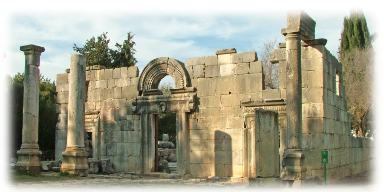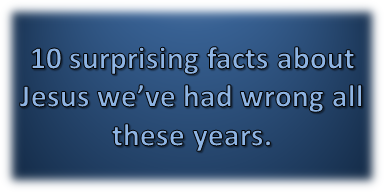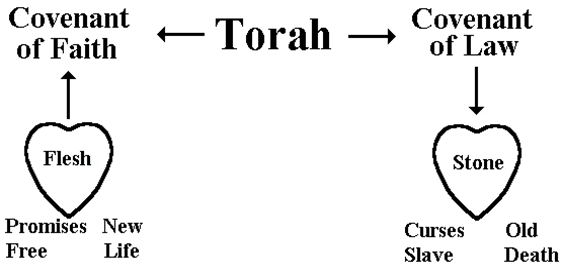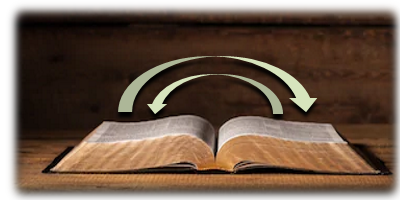Is there any advantage to understanding first century Judaism when reading the New Testament? Let’s take a look at a passage and see.
And he came to Nazareth, where he had been brought up: and he entered, as his custom was, into the synagogue on the sabbath day, and stood up to read. And there was delivered unto him the book of the prophet Isaiah. And he opened the book, and found the place where it was written, The Spirit of the Lord is upon me, Because he anointed me to preach good tidings to the poor: He hath sent me to proclaim release to the captives, And recovering of sight to the blind, To set at liberty them that are bruised, To proclaim the acceptable year of the Lord. And he closed the book, and gave it back to the attendant, and sat down: and the eyes of all in the synagogue were fastened on him. And he began to say unto them, To-day hath this scripture been fulfilled in your ears. (Luke 4:16-21, ASV)
When we read this, most of us envision Jesus getting up from his seat in the congregation and going to the podium from where he reads from the Book of Isaiah. When he finishes his reading, he retakes is seat in the congregation and everyone stares at him and from there he speaks to them. However, if we understand just one tradition that is different between Judaism and Christianity, we would have a little better understanding of this passage. Christian preachers teach from a standing position, but Jewish Rabbis teach from a sitting position. With this little tidbit of information, we now know that Jesus was the Rabbi, not a congregant. Read the passage above with this perspective and you will more clearly see what was going on here.
But there is more if we are open to understanding the Jewish culture of the New Testament period. Jesus did not just “choose” this passage in Isaiah; this passage was this Sabbath’s scheduled haftarah. Each Sabbath service includes two regularly scheduled readings. The first is from the Torah (Genesis through Deuteronomy), which is read in its entirety throughout the year. The second is the haftarah, which are specific, regularly scheduled, passages from the Writings and the Prophets of the Tanach (Old Testament).
There is one other thing I would like to point out from this passage. Jesus was a devout Jew who not only obeyed and followed the commands of God, but also the traditions of Judaism, as long as those traditions did not violate the commands of God. In this passage we see that it was Jesus’ “custom” to attend synagogue. The whole concept of the synagogue was created during Israel’s exile in Babylon and is therefore, a tradition of Judaism, not the Torah (God’s teachings).
Now for some speculation. The predominant theory concerning the Dead Sea Scrolls is that these scrolls were written and hidden away in caves by a small sect of Judaism called the Essenes. However, there is another theory, not as popular, but it is the one that I ascribe to, the Dead Sea Caves were the burial place for old scrolls that were no longer serviceable. In Judaism, any document containing the name of God, YHWH, must be buried and never destroyed. Evidence supporting this theory is that among the Dead Sea Scrolls the book of Esther has not been found. This is the only book of the Tanach (Old Testament) that does not include the name YHWH, which means that it does not require burial. In this theory, it possible that the Great Isaiah Scroll discovered in the Dead Sea Caves could be the very scroll Jesus read from. There is another possibility worth looking at. A scroll may last for up to 500 years meaning that the scroll that Jesus read from, may be an original copy from Isaiah’s original scroll.

Like what you’re discovering? Continue the journey from Bible reader to translator.
|







